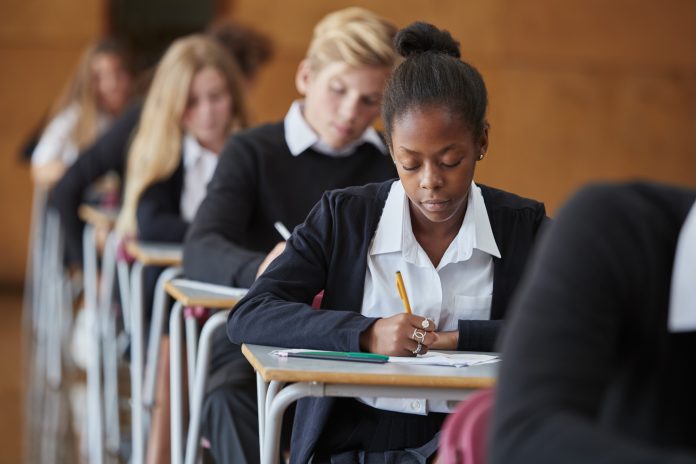A national survey finds that state school pupils are just as happy with their lives as counterparts who received private school education
A study finds that there isn’t much difference in terms of life satisfaction between state school educated students, and students from private school education backgrounds.
Private schools, which educate around 7% of pupils in England, have much more money to spend on resources than state schools. Private schools have also placed particular emphasis on pastoral support for mental health in recent years.
Researchers found that those who were educated in private schools in England were actually no happier with their lives in their early 20s than their state-educated peers.
Regarding other factors such as family background, researchers set to find out whether private school education students also enjoy non-academic benefits, such as better mental health.
While former studies have demonstrated that private school pupils do better academically than those who go to state schools – which often has better mental health prospects if they achieve higher educational attainment – this study focused on how satisfied or dissatisfied the participants were with the way their life had turned out so far.
Educational achievement and mental health
Published in Cambridge Journal of Education, the participants were regularly surveyed since 2004, when they were 13 and 14-year-old secondary school pupils.
The researchers from University College London (UCL) analysed data from the Next Steps study, run by the Centre for Longitudinal Studies, which follows the lives of a representative sample of 15,770 people born in England in 1989 and 1990.
Life satisfaction was measured at age 20 and 25 by asking the participants how satisfied or dissatisfied they were with the way their life had turned out so far.
At the beginning, it appeared that those who had gone to private school were happier with their lives. Then, after factors such as socio-economic background and ethnicity were factored in, the differences changed and disappeared.
Mental health was measured at 14, 16 and 25 by asking questions such as “have you been able to concentrate on what you are doing?” and “have you lost sleep over worry?”.
The General Health Questionnaire is a standardised and validated measure of mental health, comprising twelve such questions. From this, answers suggested that there was no private school advantage for boys’ mental health at any age.
However, for girls in private school education, aged 16, had slightly better mental health than their state school counterparts. Yet, there was still no such difference seen at ages 14 or 25.
Private school education pupils may be placed under more pressure
When concluding the experiment, researchers found that there was no convincing evidence of a difference in mental health or life satisfaction between the private and state school pupils, either in their teenage years or in their early 20s.
It was also highlighted that this analysis can categorise associations between school status and wellbeing – rather than establishing a casual relationship.
The results came as a surprise to researchers as higher educational achievement is commonly associated with private schools, which is also linked to better mental health – yet this was not displayed in the results.
Researcher Dr Morag Henderson, a sociologist, said: “I think it is possible that the increased pastoral support was just starting to make a difference for this cohort. But it is also likely that although school resource is greater in private schools, the academic stress students face might be too and so we see each force cancelling the other out.”
“This is speculation, but it might be that we see state school students fare worse in terms of mental health compared to private school students, post-lockdown.
“This question is ripe for future analyses; and is one of the areas that the new COVID Social Mobility and Opportunities Study (COSMO) cohort study, headed up by Dr Jake Anders – one of the co-authors – is gathering evidence on.”
The researchers note that the results may differ for today’s schoolchildren, as private schools have been more supportive to their pupils who are struggling with their mental health since the beginning of the pandemic.











